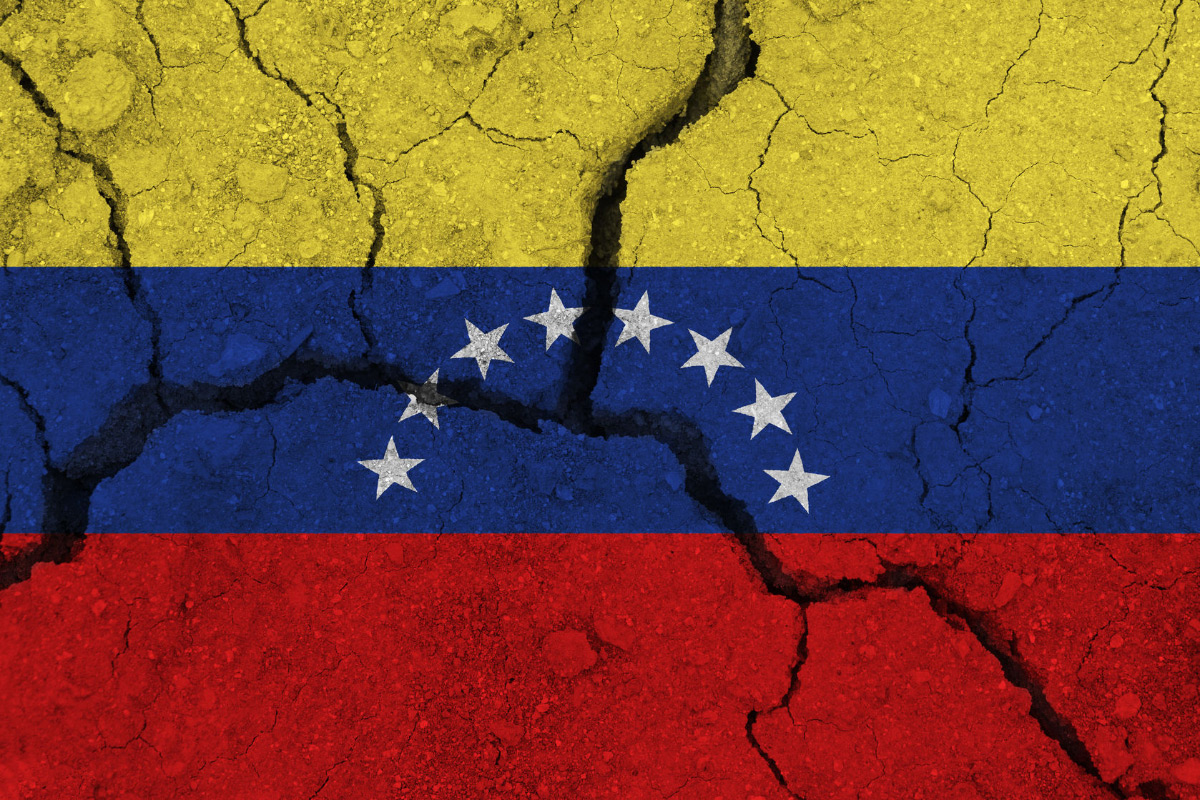Twenty years after Hugo Chávez gained power in Venezuela, promising a workers’ paradise, the United Nations has finally acknowledged that his regime and that of his successor, Nicolás Maduro, is a brutal dictatorship guilty of widespread human-rights abuses and of policies that have led to economic deprivation.
The acknowledgment comes in the form of a scathing report, coincidentally released on American Independence Day, July 4, that officially confirms the Venezuelan inferno that has been obvious for a long time. That the report was issued by Michelle Bachelet, U.N. high commissioner for human rights, should have special meaning. Bachelet, a former president of Chile (2006–10), is a socialist whose father died in prison after being tortured by the military dictatorship of Augusto Pinochet. She had long resisted efforts to condemn the Venezuelan tyranny, preferring to warn against outside intervention and to call for a new “dialogue” every time negotiations between the regime and the opposition reached a stalemate.
Spanish philosopher José Ortega y Gasset used the term “moral hemiplegia” to describe those who condemn human-rights abuses committed by their political opponents but turn a blind eye to those committed by their philosophical soulmates. That’s exactly what’s gone on now for years in the case of Venezuela, as those in love with chavista-style fascism have tried to justify the regime by systematically denying that it was a police state.
The new report ends this charade, documenting “grave violations of economic, social, civil, political and cultural rights.” It states that “many” of the “thousands” of Venezuelans killed since 2018 have been victims of “extrajudicial executions.” The “majority” of the more than 15,000 individuals detained by the government since 2014 have been subjected to “tortures” of different types. Shortages of food, medicine, electricity, and other basic necessities are documented. We are talking about conditions comparable to, and in some cases worse than, the notorious South American military dictatorships of the 1970s.
For much of the American, European, and Latin American Left, these violations have been justified in the name of social justice. This is where the report does a lot of damage to the socialist tribe. It notes the “collapse of public services”; a minimum wage that covers only 4.7 percent of the basic food basket; the disappearance of 60 percent of basic medicines; the 40 percent of hospital deaths, in March, that are attributable to a lack of electrical power; a government that fails “to fulfill its core obligations” in the social and economic realm; the “disproportionate impact of the humanitarian situation on indigenous peoples,” and, to top it all, the greater incidence of “serious violations of economic and social human rights” against women.
Faced with a panorama as dramatic as the one presented by the U.N. report, who on the left can continue to have the slightest sympathy for Venezuela’s socialist regime and for 21st-century socialism? When it comes to a dictatorship that speaks in the name of socialism, one would have thought that socialists would be on the front line of the fight against it, just as the defenders of Christian values should have taken the initiative against the 1970s military regimes that claimed to be saving Western Judeo-Christian civilization every time they tortured or killed.
Reviewing newspaper archives of the past decade, one would be stupefied by what politicians, intellectuals, and activists on the left have said and written about what has been happening in Venezuela. One of their own has now unmasked their intellectual dishonesty.













